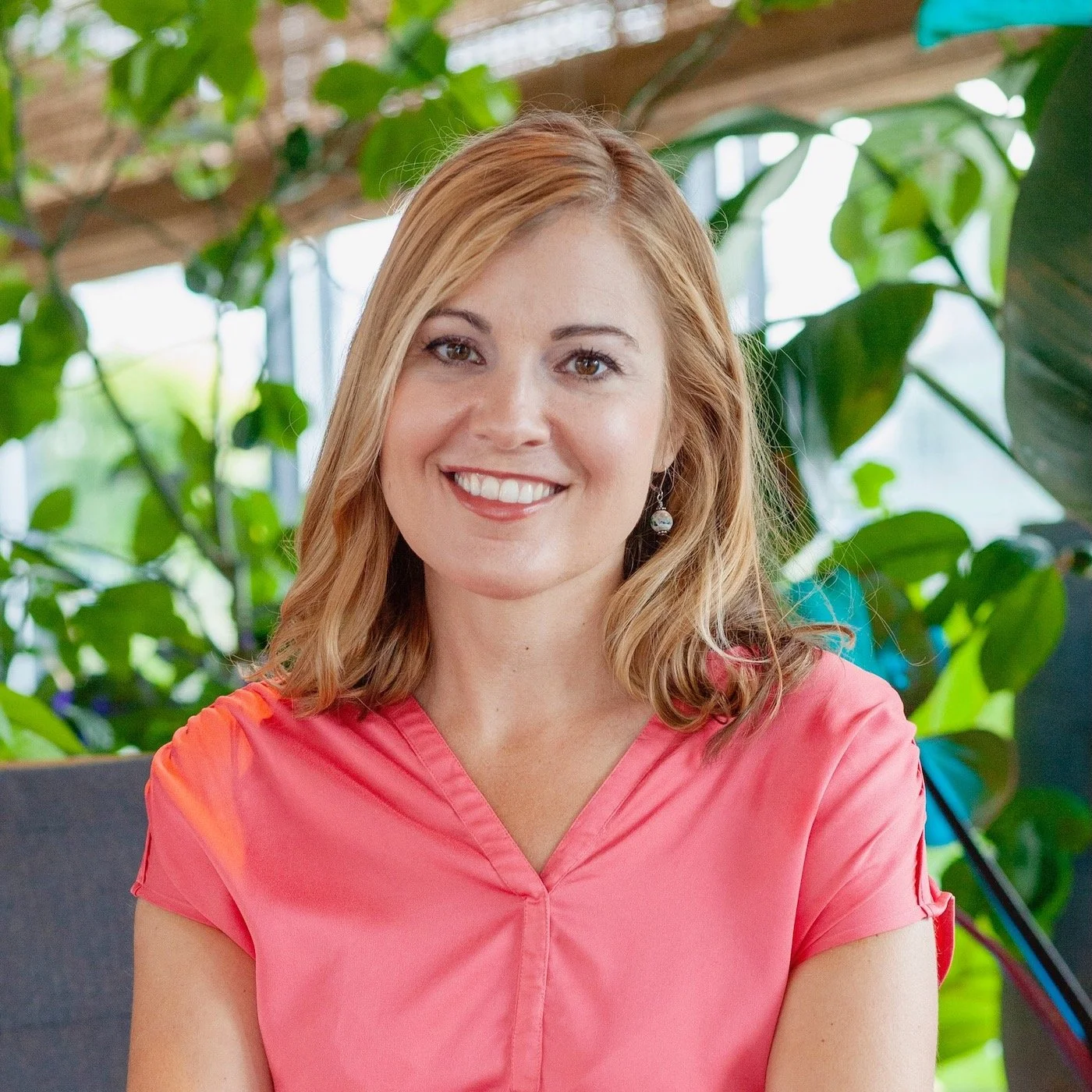Professor Andrea Bonior
If you’re reading this, know that I have seen the sun rise after darkness over and over and over again.
As a clinical psychologist, it’s been the privilege of my life to walk alongside people who are able to trust me enough to let me bear witness to their most profound struggles, their most heartbreaking challenges, and their darkest moments. I know that I can’t ever truly understand exactly what it is like to be my clients, but I can try. And I can be another human being in the room who reminds them that there is hope, and that they are not alone.
Some people’s struggles with depression, anxiety, grief, and trauma are nearly impossible to put into words. In fact, there’s probably not adequate language for it in the first place—the gorgeous mess that is life. How could words do it justice? But in therapy, we find our way to a story. We join together and examine what’s happening. We learn to be gentle but curious about thoughts and feelings, and we use the ever-expanding science of clinical psychology to find our way from those insights to real day-to-day changes and growth.
That’s how we find the beauty in the mess, and it’s the biggest gift of being a therapist—helping people find the light in the darkness, the stillness in the chaos, the lighthouse after miles of ocean. One of my favorite lyrics is from Leonard Cohen’s “Anthem.” It goes like this:
“Ring the bells that still can ring
Forget your perfect offering
There is a crack, a crack in everything
That's how the light gets in”
In our darkest hours, it feels like the sun will never rise. And the cognitive distortions of depression make it far harder to see the sun—at first. And the unreliable narrator of an anxiety disorder tells you over and over again that the sun just won’t show up. But the sun will always be there waiting, and psychotherapy—along with many other potential tools for healing, from medication to support groups to body movement programs to nutritional changes to transcranial magnetic stimulation—can allow you to see the sun and feel its warmth again. And just like the privilege of my life is to sit with people in their darkness, there’s also nothing more rewarding than being able to look over and watch them as they finally begin to see the sun.
Professor Andrea Bonior, Georgetown University
Connect With Us
To follow IfYoureReadingThis at Georgetown on Instagram, get in touch with our chapter, and learn about more resources available to Georgetown students, visit our chapter’s homepage.

